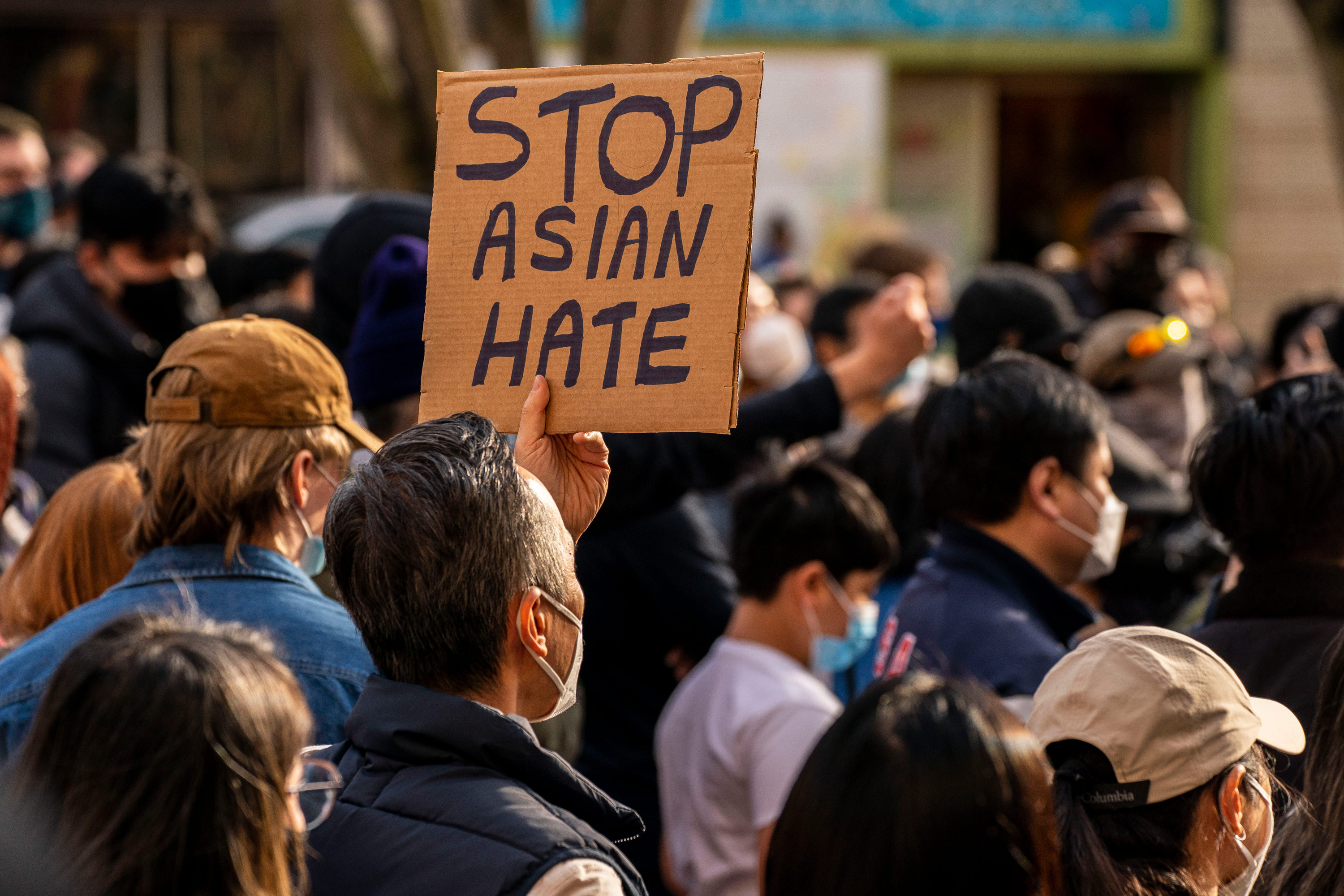
New Stop AAPI Hate national report shows bigger increase in anti-Asian hate incidents over past year
There were more than 9,000 incidents of anti-Asian hate between March and June 2021.
Released on Thursday, Aug. 12, Stop AAPI Hate’s recent national report reveals that anti-Asian hate incidents are continuing to rise.
The report covers the 9,081 incident reports to the coalition from March 19, 2020 to June 30, 2021. The number of incidents reported increased from 6,603 to 9,081 during April—June 2021.
This morning, Stop AAPI Hate issued new data, indicating 9,000+ reports of anti-AAPI hate since last March — almost half of which included anti-China sentiment. pic.twitter.com/bT2TLefOCF
— Stop AAPI Hate (@StopAAPIHate) August 12, 2021
According to the report, verbal harassment (63.7%) and shunning (16.5%) — the deliberate avoidance of Asian Americans and Pacific Islanders — continue to make up the largest proportions of total incidents reported. A majority of the incidents are traumatic and damaging, but not hate crimes.
Physical assault (13.7%) was the third largest category of total reported incidents, followed by being coughed at or spat on (8.5%).
Civil rights violations, such as workplace discrimination, refusal of service and being barred from transportation accounted for 11% of the total incidents, and online harrassment made up 8.3%.
The report also covered national trends revealed from the data. Most of the reported incidents took place outside of the home, with the majority taking place on public streets (31.6%) and in businesses (30.1%).
Women, youth and senior citizens remain particularly vulnerable to anti-AAPI incidents, and people of Chinese descent reported more hate incidents than all ethnic groups.
Of all the incidents reported, nearly half included at least one hateful statement regarding anti-China and/or anti-immigrant rhetoric.
“The implications are clear: the surge of racism and xenophobia has not abated,” the coalition wrote on Instagram on Thursday. “If elected officials continue to scapegoat Chinese people for the spread of the pandemic, things will only get worse.”
Russell Jeung, co-founder of Stop AAPI Hate and professor of Asian American studies at San Francisco University, shared his thoughts on why the incidents are steadily increasing with Kimmy Yam of NBC News.
“It is a combination of both people coming out of a pandemic and interacting more with the public,” Jeung said. “And secondly, people know about [Stop AAPI Hate] more and are reporting more and are wanting the racism to stop,” he said.
New York led the nation by a large margin with the most anti-Asian incidents, at 38.6%. Texas, Washington, California and Illinois were among the top five states featured in the report.
New York City recorded 5 anti-Asian attacks over the weekend alone.
— AJ+ (@ajplus) March 23, 2021
One woman was punched twice as she and her young daughter were leaving an anti-Asian hate rally. Activists across the U.S. are organizing rallies after 8 people, 6 of them Asian women, were killed in Atlanta. pic.twitter.com/8vrC1YpBem
Anti-Asian sentiment and hate reports are not exclusive to the past year, but the study does note that the influence of the pandemic are among factors contributing to the recent uptick in reports.
RELATED CONTENT
It mentions former President Donald Trump’s inflammatory use of words like “Chinese virus” and “Kung-flu” on multiple occasions.
While the Biden administration has demonstrated allyship, signing the COVID-19 Hate Crimes Act into law, there is still a concern that a U.S. investigation into the origins of the virus could lead to more hostility and poor treatment of Asian-Americans as enemy foreigners.
Manjusha Kulkarni, co-founder of Stop AAPI Hate and executive director of the Asian Pacific Policy and Planning Council, told the Associated Press that although there are a number of other authoritarian-regime nations that compete with the U.S., communities of color are hit harder.
“When you encourage hate, it’s not like a genie in a bottle where you can pull it out and push it back in whenever you want,” said Manjusha Kulkarni, co-founder of @StopAAPIHate https://t.co/7q4qvz5KZQ
— Terry Tang (@ttangAP) August 12, 2021
“The ways in which we talk about the people and the ways in which blame is assigned somehow looks different for communities of color than it does for, say, the Russian government or the German government,” Kulkarni said.
It’s evident that this alarming rise in hate crimes against AAPI’s is not going away, despite the many responses to the crisis.
Federal and state lawmakers have advanced legislation to reduce the number of incidents, police departments have established task forces and hotlines, and community members have organized demonstrations and neighborhood watch programs, but the hate is not dissipating.
Van Tran, an associate professor of sociology who specializes in the Asian-American experience at CUNY, told USA Today that there will likely be no decrease in incidents any time soon, unless there is much more vigilance.
"We have yet to create and engender institutional change and behavioral change at the largest scale,” Tran said.











LEAVE A COMMENT:
Join the discussion! Leave a comment.